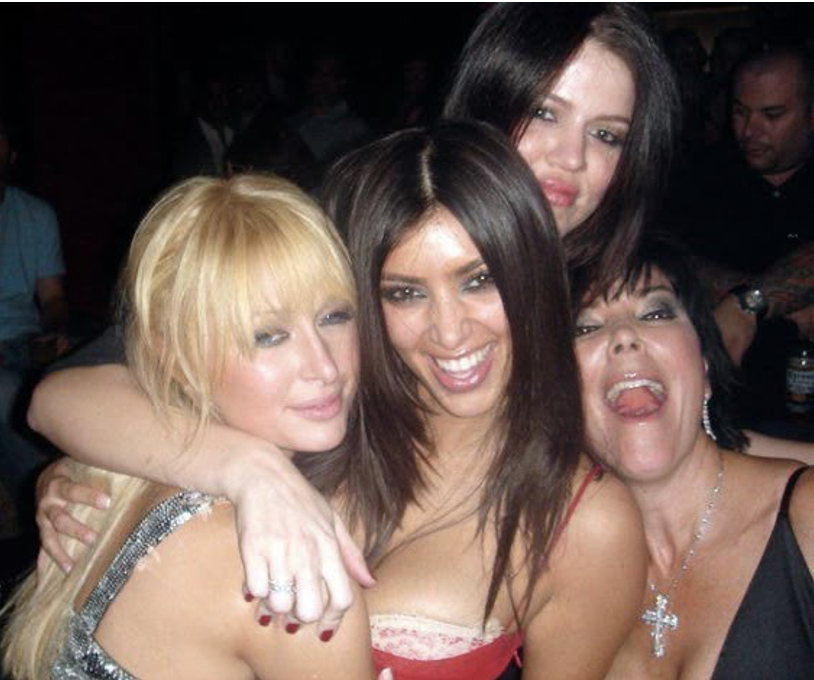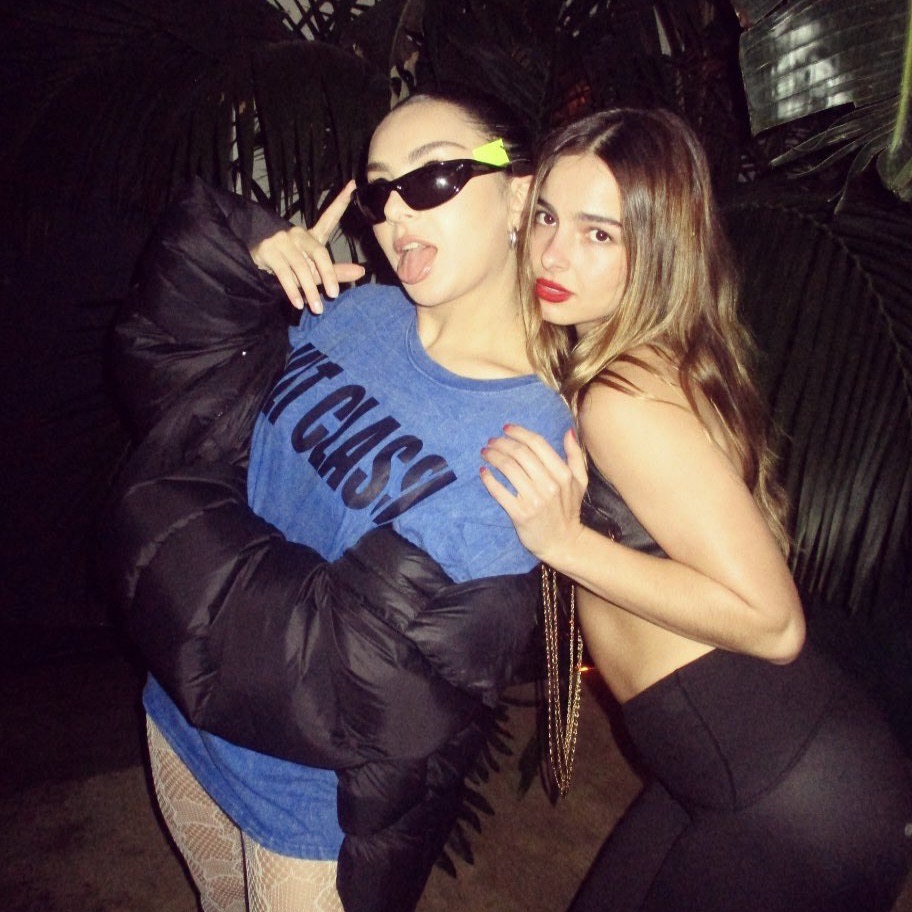It’s 2008. The market has crashed, the Global Financial Crisis is underway, and Australia is experiencing high unemployment rates and extreme uncertainty. Home values have fallen by 6.4% and over 26% of young Australians are experiencing severe mental health issues. Coincidently, Lady Gaga just released her iconic album The Fame, and the clubs are going off to hits like Just Dance, Britney Spears’ Circus and Katy Perry’s Last Friday Night. Essentially, the world is experiencing recession pop.
It was the best of times; it was the worst of times.

Recession pop refers to the music that is released during a recession (duh). But mostly, the term focuses on how the economy influences the music we listen to. While it might be easy to assume that bad economy = good music based on the aforementioned definition, it’s not that simple. Recession pop also encompasses the music we listen to at times of economic uncertainty, even if that quarter has produced fairly positive Gross Domestic Product (GDP) growth (which can be defined as the measure of the value of goods and services that a country produces). So, even if the economy is functioning well, with relatively high employment and a strong housing market, there may still be economic uncertainty.
While Australia isn’t currently in a recession, the economy is in a weak period with little GDP growth. The cost of living crisis, rising inflation, political uncertainty and global conflict have all impacted how we spend money, how we invest, and how our economy interacts with other nations. So, you could say there is a recession in consumer confidence or public financial stability.
Hence, the current rise of recession pop.
Obviously, we listen to music because it makes us happy, or brings us a sense of fulfilment, peace and comfort. Your limbic system, the process that helps with emotion function and controls memory, switches on when you hear music. Your brain is literally filing away the emotions you feel when you listen to a certain piece of music, meaning certain moods are triggered as a result of certain songs.

When people feel like the world is falling apart, music can be the sticky tape that holds it together for just a little bit longer. During the Great Depression, people were desperate for a way out of their sadness, confusion and anxiety. Unemployment reached a high of 32% in Australia at the peak of the Great Depression- a massive crash for the economy that reflects the hardship the whole world faced. Such pain and suffering as a result of war, the huge impact on countries, their stability, their financial confidence, and their access to resources, was unprecedented and hit people hard.
A way to control this widespread negativity, or at least push it away for a few hours, was with jazz and swing, genres associated with upbeat dancing, mood-boosting rhythms and fun beats. House or dance music is also closely tied with economic downfall, which was seen mostly during the late 2000s when we got bangers like Womanizer by Britney Spears and Don’t Stop the Music by Rhianna. Questionable classics like Metro Station’s Shake It were also released around the same time, indicating that regardless of genre, music took on a more dance-oriented approach, creating a sense of joy in what was a time of hardship for a lot of people.
According to researchers, dancing releases endorphins and promotes overall wellbeing by reducing stress and bonding you with others, too. The feeling of community you get when you’re at a concert, screaming along to your favourite song with thousands of strangers, or the temporary but nonetheless important friendship you experience with other girls at the club is due to the neural synchrony we feel when dancing with others, bonding over the same music.
Economic downfall can increase division in societies due to the anxiety that individuals hold and the political environments that exist in times of hardship. Polarisation is common, and bonding with others through dance can be really cathartic when it feels like the world is turning sour. We step in time with others, so to speak, when we feel like our values are aligned. Dancing and breaking free from economic pressure alleviates the anxiety and hardship financial uncertainty provokes, creating stronger emotional connections to music.
Highlighted in our past article, Style Deja Vu, was the recurrence of 2000s trends in the 2020s and how this may indicate repeating economic patterns. This could be why we feel so aligned with music from the 2000s right now. Carefree, fun songs that celebrated dancing, being young and embracing opportunities have surged in popularity again, as seen in TikTok edits and top Spotify playlists. Could it be that our current financial anxieties are echoed by the past and that this is reflected in our music choices? Brat summer dominated TikTok and the club scene, and Kesha being invited to remix with Charli XCX is reminiscent of her own TikTok days (the song, not the app).
It’s normal (albeit not great) to feel anxious about the economy, especially as we get older, think about housing, uni fees and how ridiculous it is that a bag of grapes averages eleven dollars.
However, if the past has taught us anything, it’s that we should keep dancing, even if we feel like we might not be able to afford the Uber back from the club.





